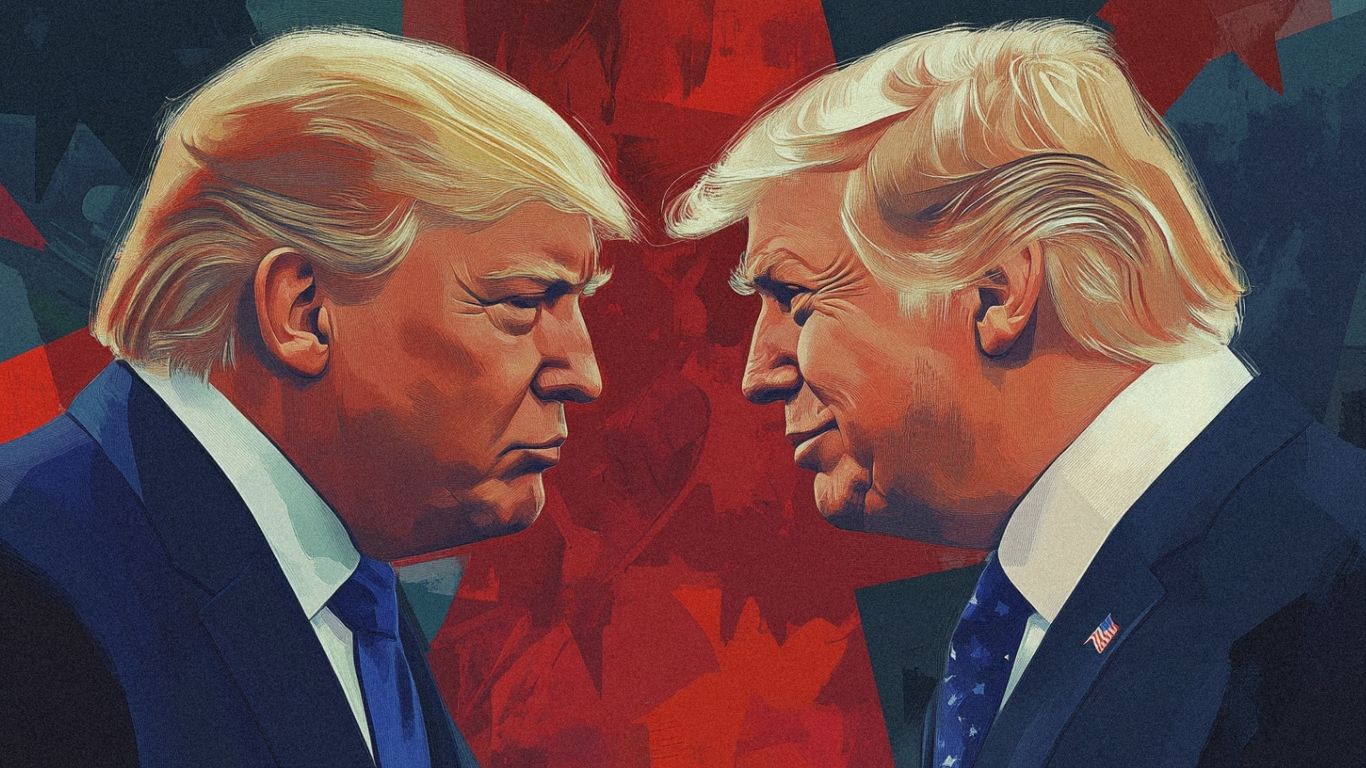Quick Summary
- Election Outcome: Donald Trump’s recent victory is anticipated to bring major changes to U.S. healthcare and biotech regulation.
- Key Players: Trump has suggested Robert F. Kennedy Jr. may influence healthcare policies, indicating a potential shift in leadership at the FDA.
- Industry Impact: Biotech companies may experience changes in regulatory processes, drug approval timelines, and public health policy directions.
The 2024 U.S. presidential election has resulted in Donald Trump’s return to office, raising questions about the future of biotech regulation and leadership within key agencies, particularly the FDA and FTC. Trump has hinted at involving Robert F. Kennedy Jr. in a significant healthcare role, sparking industry concerns and speculation about regulatory priorities and policy directions. As biotech companies monitor these developments, they are preparing for potential shifts in regulatory frameworks, approval processes, and the balance between innovation and public health oversight.
A Potential Deregulatory Approach
During his previous administration, Trump’s policies favored deregulation across various sectors, aiming to boost industry growth by minimizing regulatory hurdles. His administration’s approach to healthcare and the FDA was marked by efforts to accelerate drug approvals and streamline bureaucratic processes. If similar strategies are implemented, the biotech sector may see faster paths to market for new therapies, but concerns about the rigor of safety evaluations and ethical oversight may arise.
Trump has not provided specifics on biotech policy yet, but his emphasis on reducing “unnecessary regulation” suggests a possible return to policies that expedite drug development. For biotech firms, this could mean shorter regulatory timelines and fewer delays in drug and device approvals, potentially speeding up the process of bringing innovative treatments to patients.
The Role of Robert F. Kennedy Jr. in Health Policy
One of the more surprising potential developments is Trump’s suggestion of an influential role for Robert F. Kennedy Jr., known for his views on vaccine safety and public health policy. Kennedy has publicly voiced skepticism regarding some established medical protocols, including vaccination, which has led to polarized opinions on his potential impact in a health policy position.
For the FDA, FTC, and the broader biotech community, Kennedy’s potential involvement could signal a move toward policies that prioritize individual choice and skepticism of mainstream health protocols. This could reshape regulatory priorities at the FDA, potentially shifting focus toward rapid approval of alternative therapies and placing less emphasis on traditional regulatory oversight mechanisms.
Key Implications for the Biotech Industry
Regulatory Timelines and Drug Approvals
Should Trump’s administration pursue deregulation, biotech companies may benefit from faster review and approval timelines. This could be particularly impactful in areas like gene therapy, precision medicine, and orphan drugs, where companies often face extensive regulatory requirements. However, a push for accelerated approvals might reduce opportunities for comprehensive clinical testing, potentially raising safety concerns.Drug Pricing and Market Access
Trump’s previous stance on drug pricing included efforts to reduce costs, but his approach leaned toward allowing market competition rather than imposing direct price controls. Under a renewed Trump administration, drug pricing reform could focus on promoting generics and biosimilars, which might put pressure on biotech companies that invest heavily in proprietary therapies.Public Health Policies
Trump’s interest in involving Kennedy could lead to a shift in public health policy, with potential impacts on vaccine protocols, safety regulations, and federal health initiatives. This approach may influence how public health measures are implemented, possibly reducing emphasis on centralized mandates in favor of individual choice.Investment Climate
Deregulation and pro-industry policies may attract more venture capital and private equity investments to the biotech sector. An environment with fewer regulatory restrictions could encourage investors to back biotech startups and innovative therapies, bolstering growth within the industry. However, uncertainty around regulatory consistency might create challenges in long-term strategic planning for companies.Global Competitiveness
Trump’s focus on boosting U.S. competitiveness could lead to policies that support domestic biotech production, reducing reliance on international suppliers. This may align with broader supply chain policies aimed at strengthening U.S. self-sufficiency in critical healthcare components, such as biomanufacturing and active pharmaceutical ingredients (APIs).
Preparing for Change: What Biotech Companies Should Watch
The biotech sector stands at a pivotal moment, where regulatory clarity will play a crucial role in determining growth trajectories and innovation opportunities. Companies are advised to closely monitor developments around the FDA and FTC leadership appointments, as these roles will likely shape the regulatory landscape under Trump’s administration. In the short term, the industry may see a mix of optimism about deregulation and caution about potential shifts in public health policies.
Trump’s return to office and Kennedy’s potential role in healthcare could signal both opportunities and challenges for biotech. As the new administration takes shape, biotech leaders and stakeholders should remain adaptable, staying informed of policy changes that may affect everything from drug development timelines to investor confidence and global market strategies.
References



